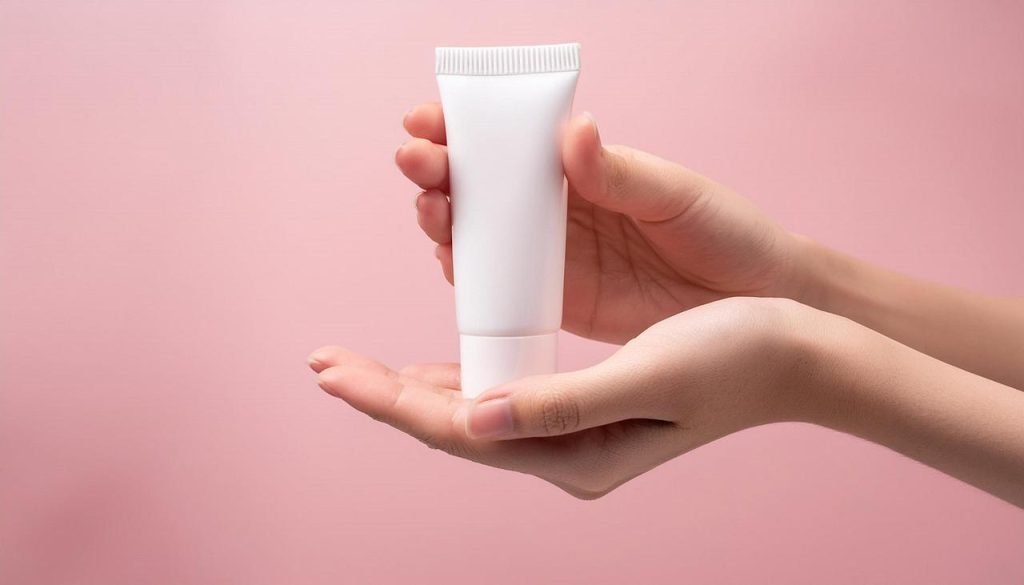Skin care is not only a matter of appearance but also of health. As the body’s largest organ, the skin provides essential protection against external factors, regulates temperature, and supports immune defense. The growing global skincare market reflects a rising interest in products that claim to improve conditions such as acne, hyperpigmentation, eczema, or the effects of aging. However, before these products reach consumers, they must undergo a rigorous process of scientific evaluation.
The development of a new formulation begins in controlled laboratory settings. Initial in vitro studies test ingredients on cultured skin cells to determine biological activity and assess possible toxicity. If results are favorable, the product progresses to clinical trials with human volunteers, conducted in successive phases. Phase I establishes safety, examining potential irritation or allergic reactions. Phase II evaluates preliminary effectiveness, for example whether a moisturizer genuinely increases hydration or a serum reduces pigmentation. Phase III extends the study to larger and more diverse populations, confirming efficacy and identifying uncommon side effects. Throughout this process, dermatologists and researchers apply standardized tools, imaging methods, and clinical measurements to ensure reliable outcomes.
A key element in determining effectiveness lies in the active ingredients. Substances such as vitamin C, and alpha hydroxy acids are widely studied for their roles in cell renewal, skin tone improvement, and exfoliation. Recent research, including the 2024 study by Arya and colleagues (The Science of Skincare), highlights both the continued relevance of these established compounds and the growing incorporation of plant-derived alternatives. These natural ingredients are investigated as potentially safer options while still aiming to provide measurable benefits. Importantly, no single product is universally effective. Variations in skin type—oily, dry, or combination—require careful consideration when selecting and combining treatments.
The significance of skin care becomes more evident with age. Experts from Harvard Health emphasize that the skin undergoes cumulative “wear and tear” influenced by sun exposure, pollution, and stress. These factors accelerate photoaging, manifesting as wrinkles, spots, and in severe cases, skin cancer. Preventive measures such as cleansing, moisturizing, and consistent use of sun protection are therefore considered essential for maintaining both skin health and overall well-being.
In conclusion, modern skincare represents a balance between scientific validation and daily practice. Products are required to demonstrate safety and efficacy before approval, while individuals must adapt routines to their specific skin characteristics. As research advances, the integration of innovative and natural ingredients may broaden available options, but the guiding principle remains the same: caring for the skin is an integral part of caring for health.
Assistant Lecturer at the University of the Basque Country


